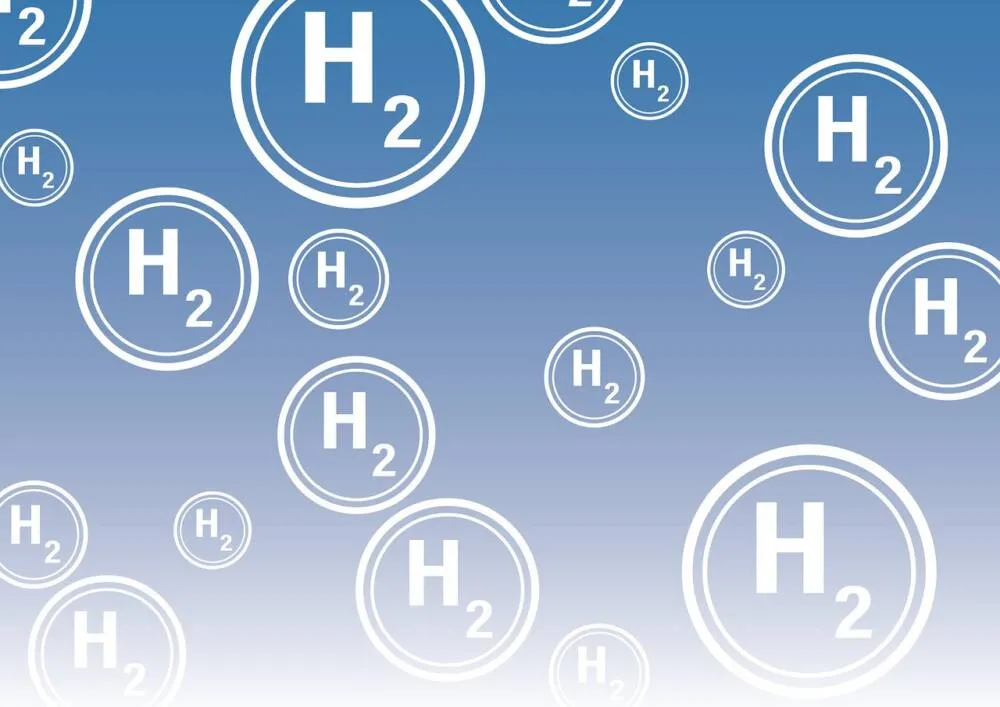The governments of Norway and Germany have now agreed to establish a working group to monitor the results of an ongoing study examining the feasibility of transporting hydrogen and CO2 between Germany and Norway.
Norway and Germany share a common intention to launch mass deliveries of hydrogen from Norway to Germany by 2030. This includes the necessary infrastructure. Countries will jointly explore the technical and financial feasibility of developing such solutions, which will be done step by step.
– In January, we established an industrial partnership that will contribute to the creation of a new green industry and green jobs, as well as strengthen energy security and the circular economy. I am very pleased that we are moving forward with this important project. Cooperation is the most effective way to achieve our common goals of ecological industrial development and lower emissions, says Business Minister Jan Christian Vestre.
Also read: Adam Bodnar – academic teacher, social activist. Visit to Norway.
The study examined the technical and economic feasibility of large-scale hydrogen supply solutions from Germany to Norway, also via pipeline. Phase two of the study also covers solutions for transporting CO2 from Germany to Norway. The feasibility study is being carried out by Gassco and Dena (Deutsche Energie-Agentur) on behalf of the industry, as well as a large number of industry players from Norway and Germany.
The common goal is to launch the necessary infrastructure
– Work on the joint feasibility study has come a long way in a short time. Through the working group, we are taking another step towards our common goal of large-scale hydrogen supplies from Norway to Germany starting in 2030. My ministry will work closely with our Norwegian partners to address the challenges of establishing a hydrogen market and ensuring the launch hydrogen pipeline infrastructure between our two countries by 2030, says German Minister of Industry and Climate Robert Habeck.
– Norway will actively contribute to the development of the commercial hydrogen market in Germany and the EU. Further development of the value chain must focus on ensuring long-term market agreements between industrial players that will facilitate the establishment of sufficient supply and demand for hydrogen, says Minister of Oil and Energy Terje Aasland.
Both countries know that creating profitable value chains and a functioning European hydrogen market will pose significant challenges for both the producer and the recipient. The common goal is to have the necessary hydrogen infrastructure operational by 2030. The working group will examine all aspects of the project, including identifying barriers, proposing solutions to them and exploring possible synergies with other relevant projects in the North Sea.
Like us on Facebook and share our post with others
Source: regjeringen
Also read: How Hans-type natural disasters affect national accounts



